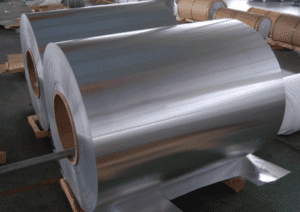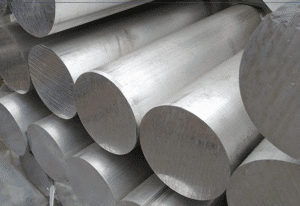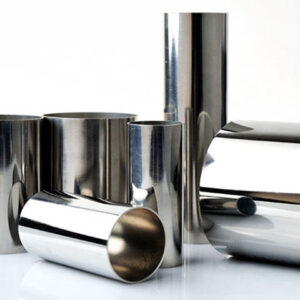
Why Aluminum Matters in Aerospace
Aluminum is one of the most critical materials used in the aerospace industry today. Its unique combination of lightweight properties, excellent corrosion resistance, and high strength-to-weight ratio makes it the ideal choice for aircraft manufacturing. From fuselage panels to structural components, aluminum and its alloys are at the core of nearly every commercial airplane, military jet, and spacecraft.
In this article, we explore the key applications of aluminum in the aerospace sector, discuss the types of aluminum products used, and explain why global manufacturers continue to rely heavily on this versatile metal.
1. Key Properties of Aluminum for Aerospace Use
Aluminum offers a number of advantages that are especially suited for aerospace applications:
- Lightweight: Aluminum is about one-third the weight of steel, which contributes significantly to fuel efficiency in aircraft.
- Corrosion Resistance: Essential for withstanding harsh environmental conditions at high altitudes.
- High Strength-to-Weight Ratio: Allows for stronger yet lighter components.
- Excellent Machinability and Formability: Makes it easier to produce complex parts like wings, frames, and panels.
- Recyclability: A sustainable material choice that aligns with modern environmental standards.
2. Common Aluminum Alloys in Aerospace
Several aluminum alloys are specifically engineered for aerospace-grade performance. The most widely used include:
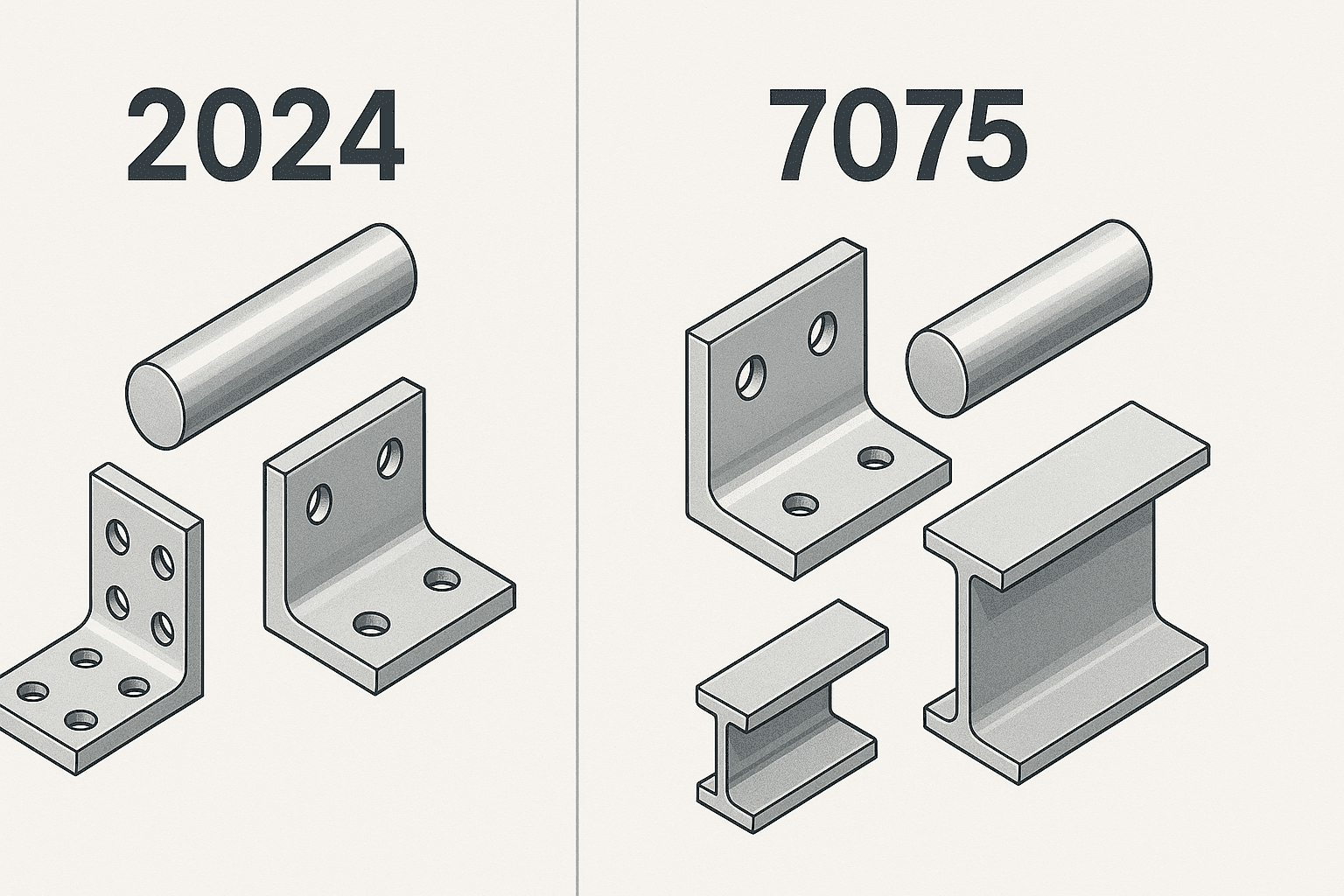
2.1 2024 Aluminum Alloy
A high-strength alloy primarily used in aircraft structures. Offers excellent fatigue resistance but requires corrosion protection.
2.2 7075 Aluminum Alloy
One of the strongest aluminum alloys, often used in wing skins, fuselage frames, and military aircraft. High strength but lower corrosion resistance.
2.3 6061 Aluminum Alloy
Versatile and corrosion-resistant, used in structural applications and components requiring welding.
2.4 7050 and 7475 Alloys
Advanced high-performance alloys with improved corrosion resistance and fracture toughness, ideal for critical aerospace components.
3. Aerospace Applications of Aluminum Products
Aluminum finds extensive use in various forms across the aerospace supply chain. Here’s how different aluminum products contribute:
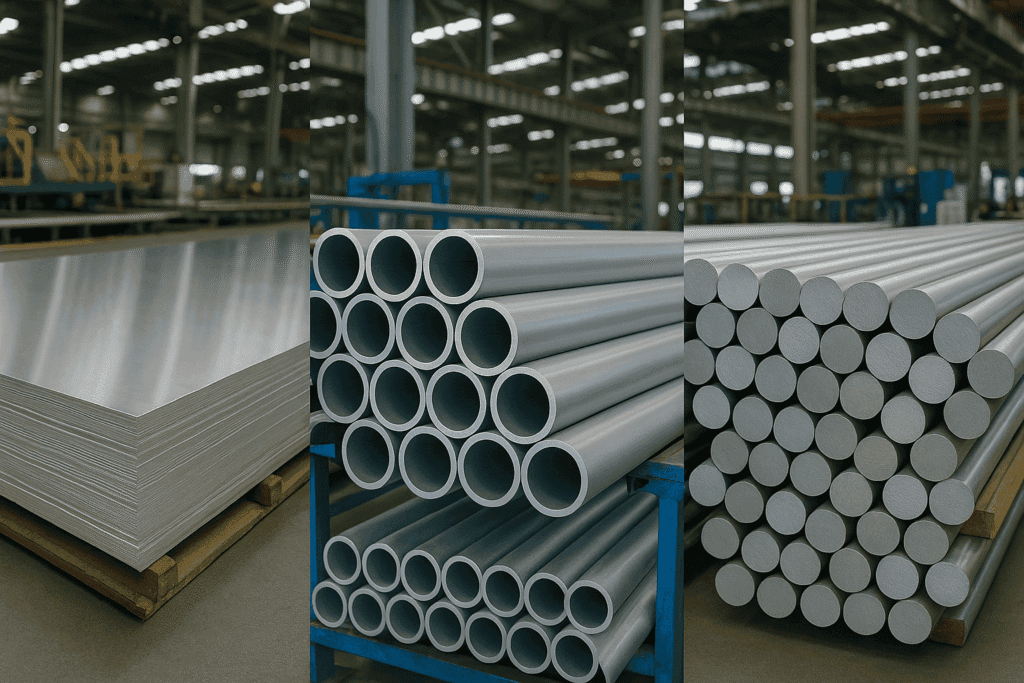
3.1 Aluminum Sheets and Plates
Used in aircraft skin, fuselage panels, and wing structures. Plates are often used in machined parts and landing gear.
3.2 Aluminum Tubes
Ideal for hydraulic systems, fuel lines, and structural support systems due to their light weight and strength.
3.3 Aluminum Rods and Bars
Utilized in aircraft connectors, brackets, and fasteners. They offer strength and flexibility for small components.
3.4 Aluminum Coils
Often used for cladding and exterior finishes, especially in commercial aviation.
4. The Future of Aluminum in Aerospace
While composite materials and titanium are gaining ground in aerospace innovation, aluminum remains irreplaceable for many structural components. The industry continues to explore advanced aluminum-lithium alloys that offer even lower density and better fatigue performance.
Additionally, additive manufacturing (3D printing) is opening new frontiers in aluminum part design, enabling lightweight, complex geometries not previously possible through traditional manufacturing.
5. Why Choose Us as Your Aluminum Supplier
At [Your Company Name], we specialize in the export of aluminum tubes, rods, sheets, coils, and custom alloys for the global aerospace industry. Our aluminum materials meet international standards such as ASTM, AMS, and EN specifications, ensuring high performance and reliability.
With professional packaging, on-time delivery, and technical support, we are your trusted partner for aluminum procurement.

Conclusion
Aluminum is truly the backbone of the modern aerospace industry. Whether it’s reducing aircraft weight, improving fuel efficiency, or enhancing structural integrity, aluminum alloys play a crucial role in aerospace innovation.
If you’re looking for a reliable supplier for aerospace-grade aluminum products, contact us today to learn how we can support your manufacturing needs.


